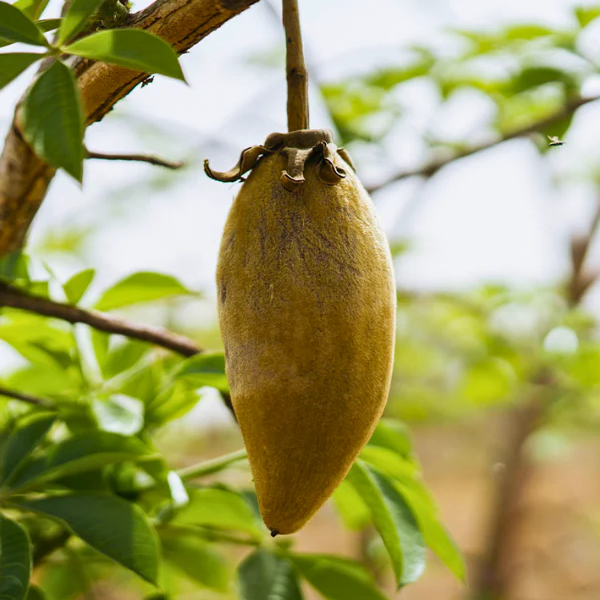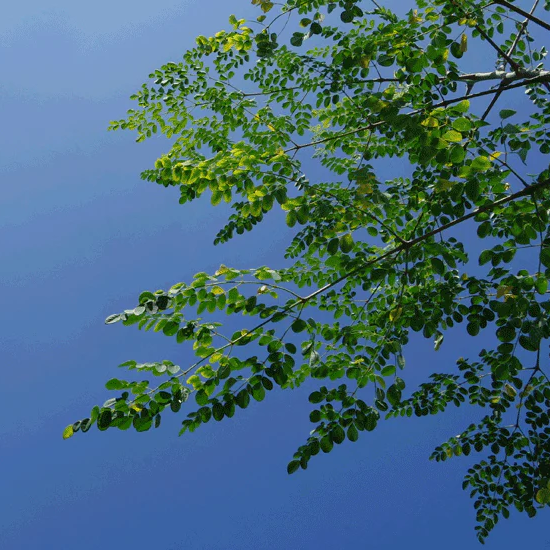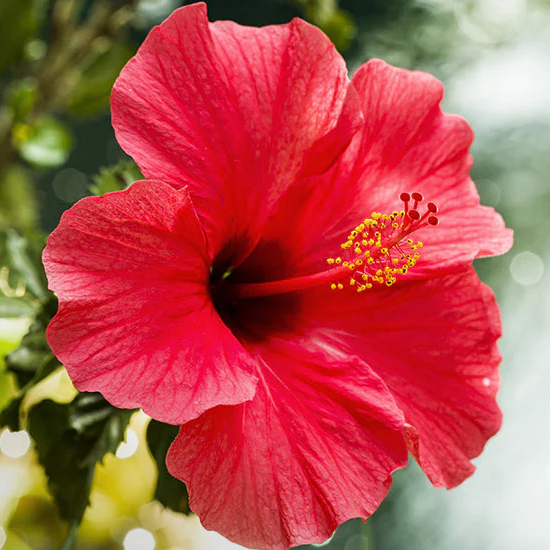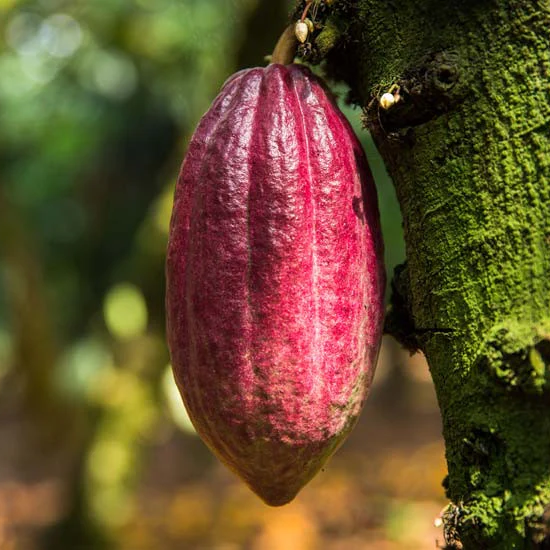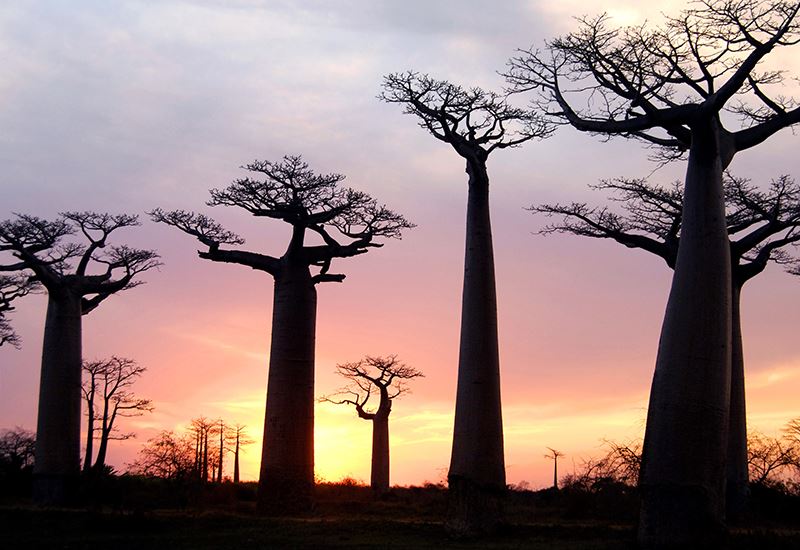Like all of us here at Aduna HQ, many of you will have been concerned to read some of the recent headlines suggesting that our beloved baobab trees may be endangered. The articles were stimulated by an academic paper published in Nature Plants on 11 June. The authors, using a radiocarbon-dating technique to study the age and architecture of over 60 African baobab trees between 2005 and 2017, found that 9 of the 13 oldest and largest trees either collapsed or died during the period of the study. No signs of an epidemic or disease were concluded, leading them to speculate that changing climates in southern Africa is a likely contributing cause. This has generated much healthy discussion but also a little confusion. So Aduna has been reaching out to our baobab family across Africa and is ready to set the record straight!
Are baobab trees endangered?
No. Current evidence does not indicate that the issue highlighted is affecting the wider population. Ongoing research shows that baobab populations in Sub Saharan Africa – including those in Southern Africa - are healthy and stable.
Is climate change to blame for the trees that have either collapsed or died?
There are no conclusions as to why this has happened but the researchers speculate that climate change is a contributory cause. The fact that these ancient trees were selected for their great size and age may have made them more vulnerable to any abnormal drought conditions.
Do baobabs often collapse?
Yes it is relatively common and they often continue growing for decades afterwards - which is the case with most of the collapsed baobabs that have been quoted in the article.
Does the harvesting of the baobab fruit harm the tree in any way?
No. The trees fruit once a year. If they were not harvested they would simply fall to the ground and rot. Given the vast numbers of unharvested trees across the continent, the majority of fruit currently goes to waste. As such the harvesting of baobab is an opportunity to create sustainable livelihoods for the rural communities in these regions.
Furthermore, the commercialisation of baobab fruit is the major strategy for conservation of the baobab population and their protection against being chopped down and replaced with cash crops.
What is Aduna doing to ensure the sustainability of the baobab population?
While there is no immediate threat to the sustainability of baobabs, it is true that intensive harvesting can limit the natural cycle of propagation – basically animals eating the fruits. As such there is a longer term need to plant new trees.
In 2018, in conjunction with the United Nations, Aduna will be planting over 5,000 baobab seedlings, with a further 10,000 to follow in 2019. These trees will be planted in communities that currently have few or no baobab trees in their locality, to benefit future generations.

